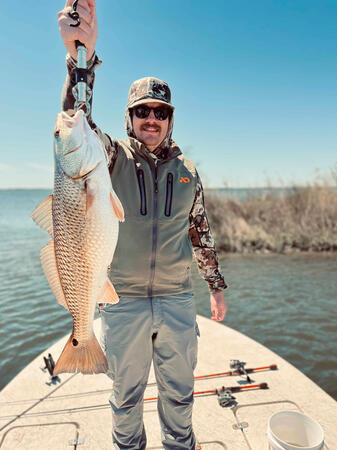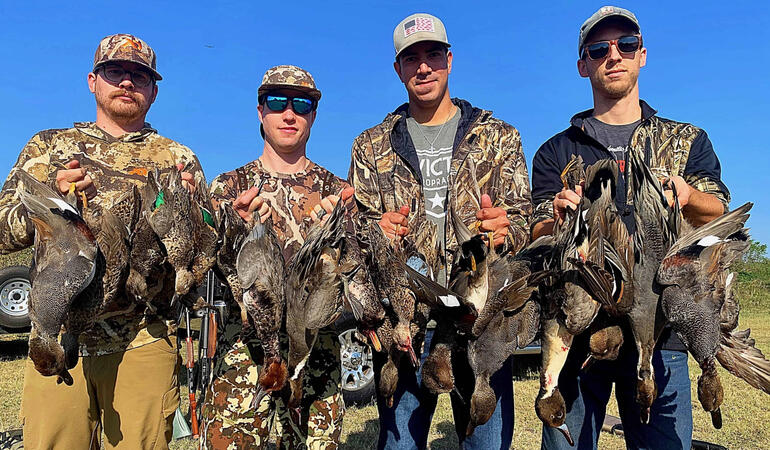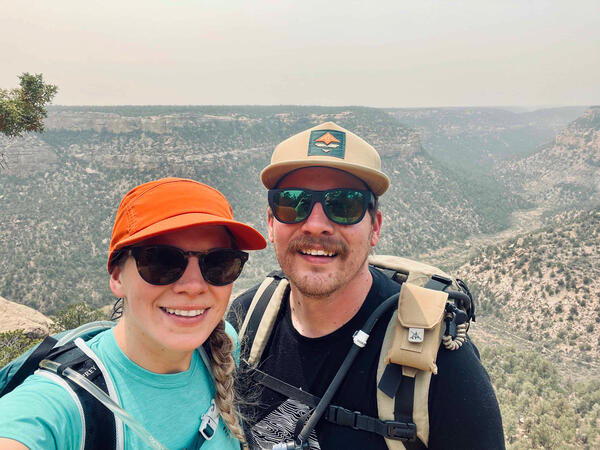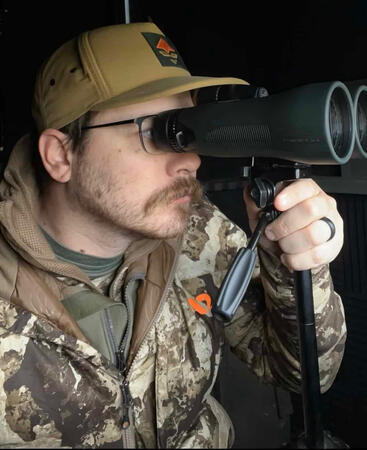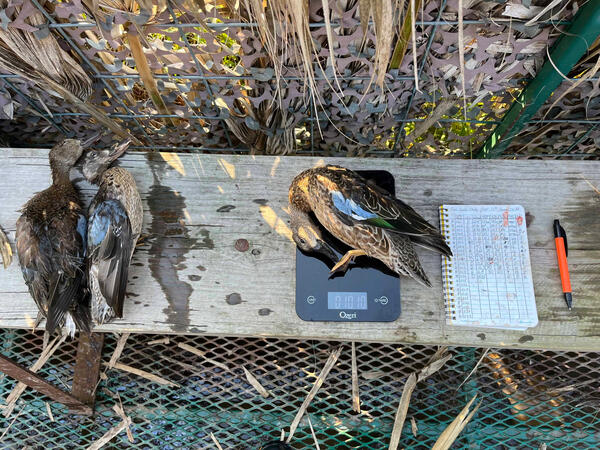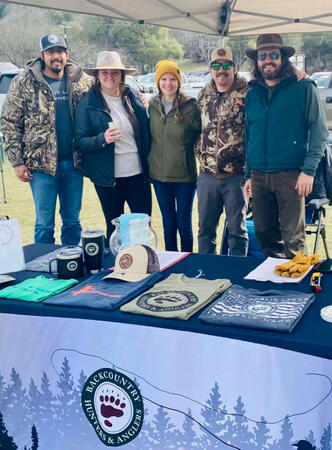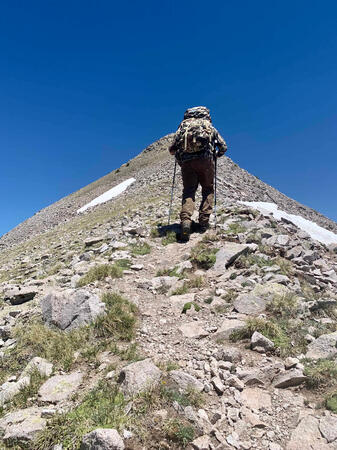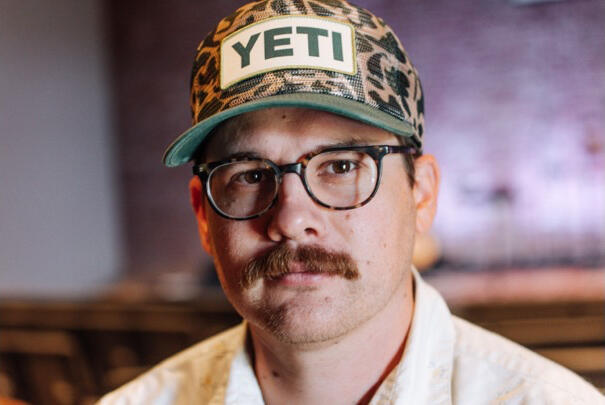
Hi, I'm Kyle Mobley
I am a hunter, conservationist, hunting ethicist, historical ecologist, and writer. I hold a B.S. in Environmental Conservation with a minor in Historical Ecology. I'm also currently the Director of Communications for the Texas Chapter of Backcountry Hunters & Anglers. Below, you will find articles and papers I have written on various wildlife, ethical, and historical topics, all focused on conservation through hunting.
The Battle of Texas Public Lands
There’s something special about Texas that draws people here. This increase in population has put massive strains on public lands in Texas and means the battle for growing and protecting public lands in Texas has begun. Texas needs more public lands, not less. Click the button below to read the full article
Improving and Restoring Pronghorn Habitat in the Texas Panhandle
Backcountry Hunters & Anglers is taking significant steps to improve and restore the habitat of the American Pronghorn in the Texas Panhandle, a unique species with a history dating back millions of years. The expansion of fences across the region, following the advent of barbed wire in the late 19th century, led to habitat fragmentation, endangering pronghorn populations. BHA, motivated by the need to address this issue, initiated a project to modify fences on Rita Blanca National Grasslands. BHA's commitment to habitat restoration underscores its dedication to preserving public lands and waters, making a meaningful impact in safeguarding the American Pronghorn's environment.
The Ecology, Conservation, and Management of Mule Deer in North America
This research focuses on the ecology, conservation, and management of mule deer and its subspecies, examining their history, current status, and future prospects, including taxonomy, native ranges, population dynamics, habitat, and negative impacts. Mule deer herds are at risk due to habitat fragmentation, diseases, predation, and human activities. Conservation and management efforts are essential to safeguard the future of mule deer, involving strategies to preserve their habitat and ensure herd health. This research provides crucial insights into North American mule deer conservation and management.
Wild Game Processing Gear and Tips
As a former professional butcher and fishmonger, my article shares helpful techniques for processing wild game at home. Processing at home isn’t quite like working in a commercial meat and seafood market. However, I learned some helpful techniques during my time there that can be applied to processing at home. Here are some of my favorite gear and tips for processing after a hunt.
The Evolving Ethics Impacting the Future of Hunting for Hunters and Non-Hunters in North America
Hunting in North America is a deeply rooted cultural, traditional, and hereditary practice, with ongoing debates regarding morality and ethics. While critics question its cruelty, hunters emphasize its significance to their culture and traditions, tracing its historical lineage back thousands of years. This hereditary tradition has not only passed down the act of hunting but also its ethical beliefs, particularly the principle of fair chase, which governs the means, methods, and utilization of hunted animals. The relationship between hunters and non-hunters has been strained due to misinformation and misunderstandings, but there's a growing movement among hunters to bridge this gap by articulating a clear ethical code that emphasizes ethical hunting practices. Ethical hunting is also becoming synonymous with conservation efforts, with hunters increasingly valuing the conservation of wildlife and their habitats, exemplified by participation in conservation groups. As these ethics continue to evolve, they shape the future of hunting in North America and influence the relationships between hunters and non-hunters, highlighting the importance of ethical hunting as a unifying force.
The Rise and Fall of the American Fur Trade From 1822 to 1840
The significance of the American fur trade during the early 19th century is critical to the history of American conservation. It sheds light on how this pivotal era shaped the American West. From its origins after the Louisiana Purchase in 1803, through its peak in the 1820s and its eventual decline by 1840, the fur trade played a crucial role in the nation's westward expansion, ecological changes, and cultural development. The paper highlights the ecological impact of the fur trade, showcasing the overexploitation of wildlife and habitat loss. This comprehensive analysis underscores the intricate interplay between culture, ecology, biology, and commerce, resulting in a profound understanding of American ecological history during this transformative era.
It's More Than A Hunt: Texas Dove Season
The article discusses the unique and cherished tradition of Texas dove hunting, highlighting its social aspect and role in introducing new hunters. It also emphasizes the availability of public land for dove hunting and the importance of conservation efforts through the "Adopt an Access" program. Overall, the article portrays Texas dove hunting as a tradition that combines hunting with community, family, and conservation.
